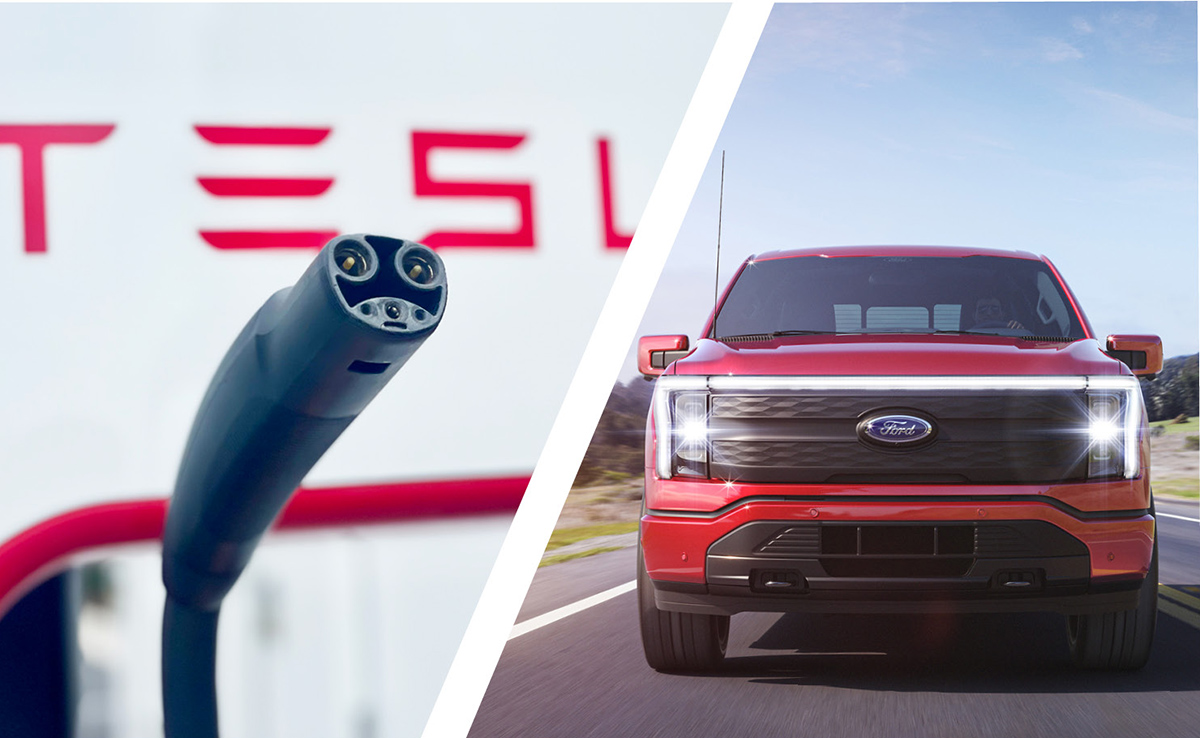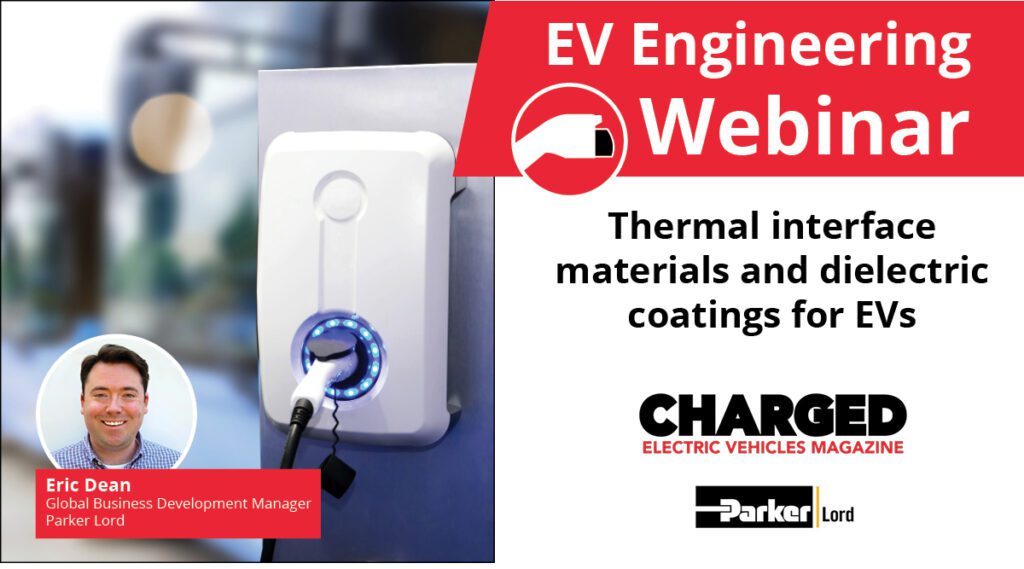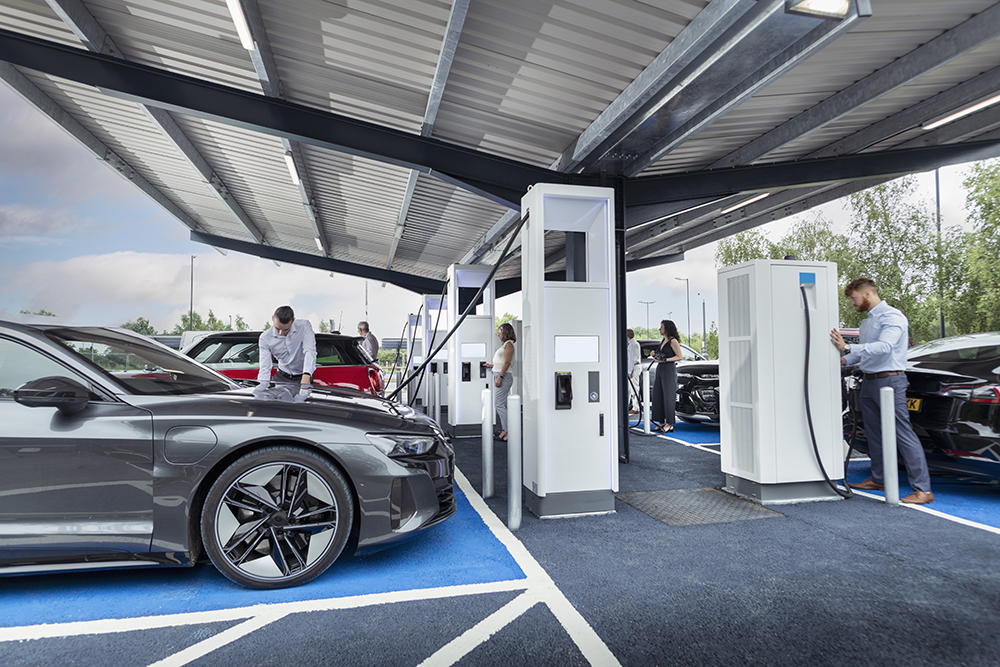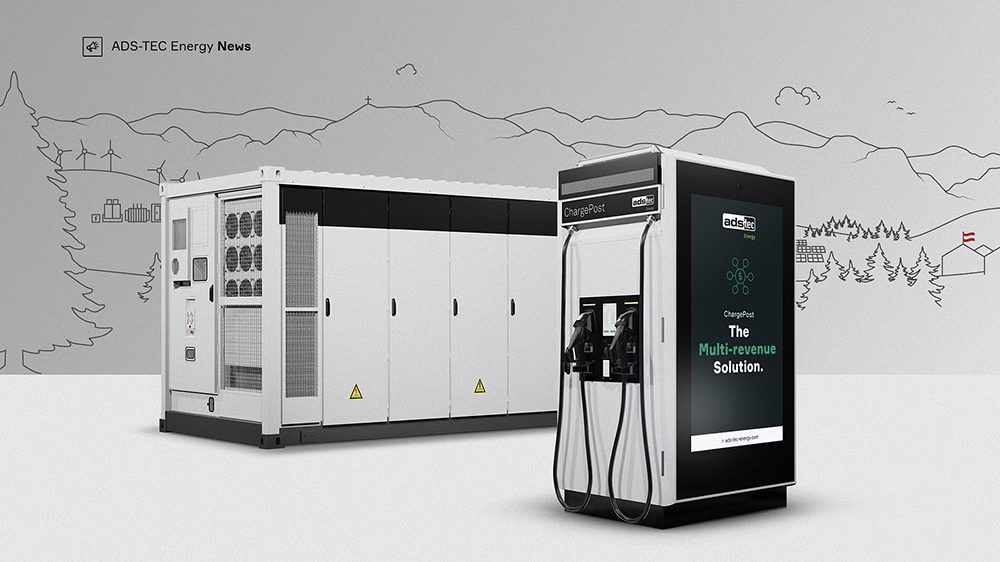Unless you’ve just emerged from an internet-free retreat, you’ve surely heard that Tesla and Ford are planning to cooperate to open up the former’s Supercharger network to drivers of the latter’s EVs. The announcement quickly took over every EV-related news feed. Is this deal really as “surprising,” “unprecedented” and “game-changing” as people are saying?
Yes and no.
From a public perception standpoint, yes, it’s a big deal. Both companies are already enjoying a publicity bonanza from the news, and anything that expands access to charging infrastructure is a good thing for the whole industry. Among non-EV drivers, there’s a tremendous amount of confusion and misinformation about EV charging. As mainstream journalists pick up this story, they’ll be forced to explain to their readers how charging works (hopefully after figuring it out themselves).
From a driver’s standpoint, it’s an absolute good. North American Ford EV drivers will soon have easy access to 12,000+ Tesla Superchargers and 10,000+ BlueOval fast chargers. What’s not to like?
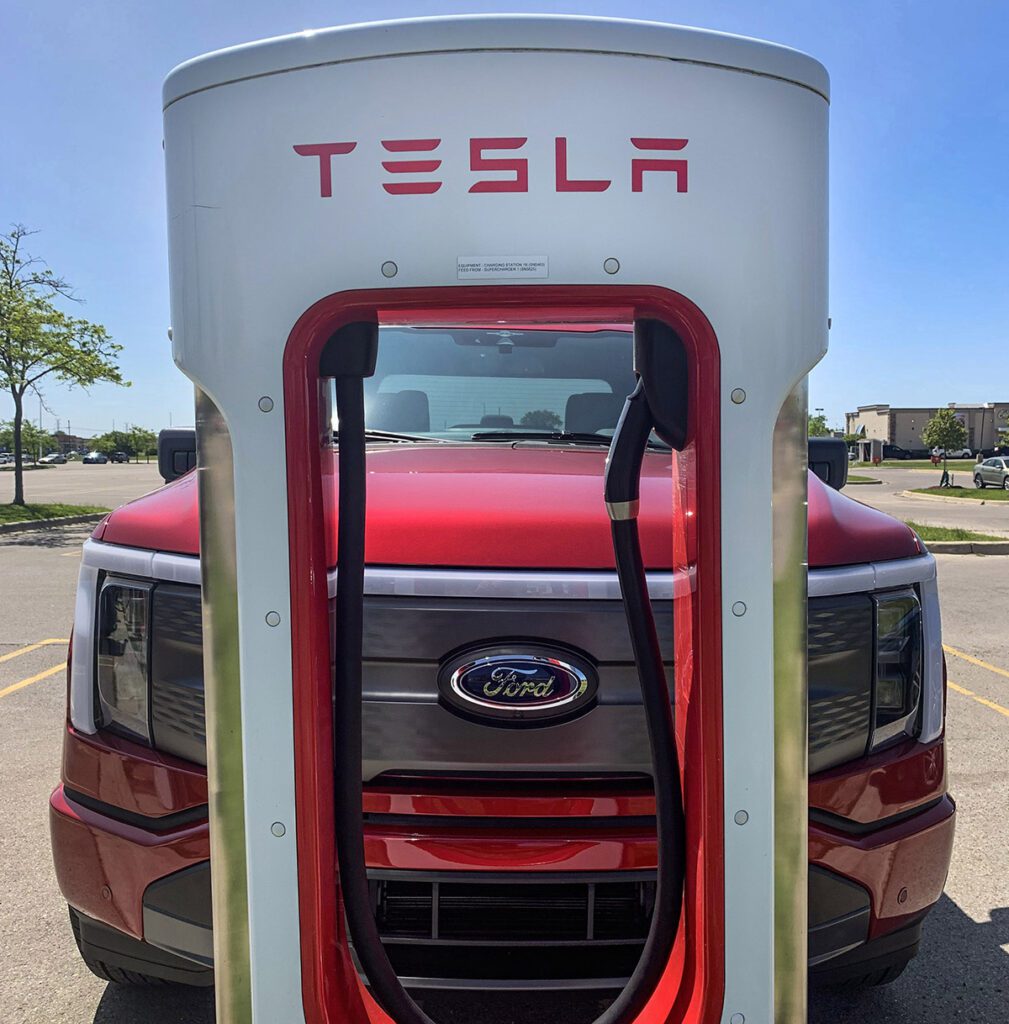
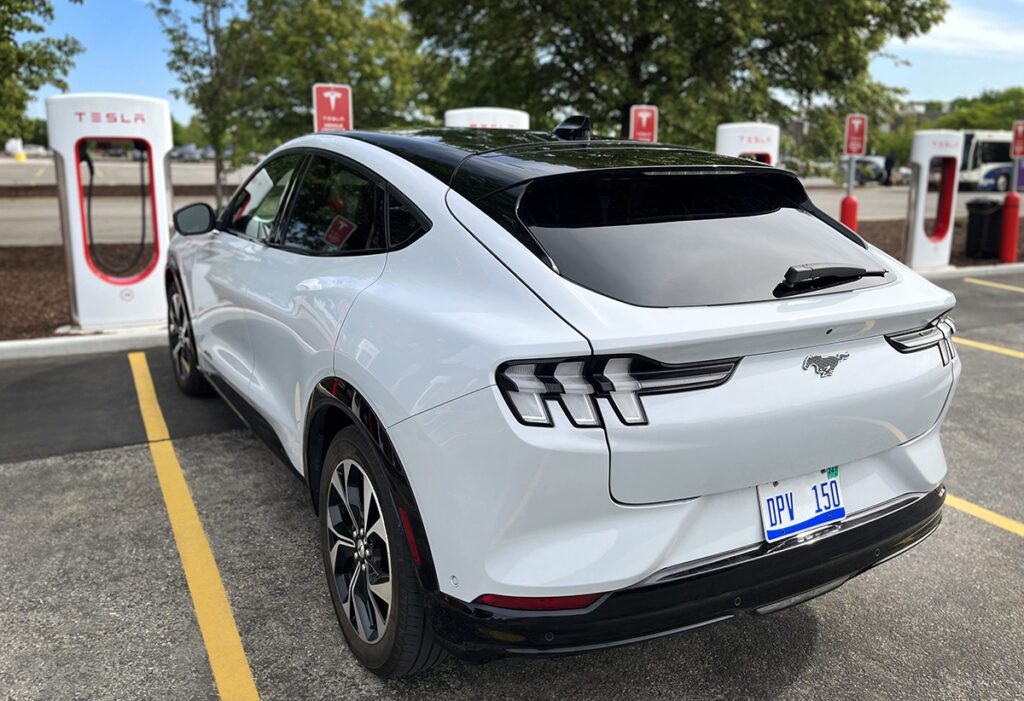
From a technical standpoint, it feels more like an incremental advance than a game-changer. Tesla has been planning to open up its Supercharger network for some time, and this is a welcome step towards that worthy goal.
“A Tesla-developed adapter will provide [Ford EVs] fitted with the Combined Charging System (CCS) port access to Tesla’s V3 Superchargers,” says Ford. Hopefully this adapter, which will presumably replace the clunky Magic Dock currently in use at selected Superchargers, will be rolled out a lot faster than the adapters that Tesla finally provided to allow Tesla drivers to use CCS chargers. And it will surely be usable by all CCS-capable EVs, not just Fords.
The big technical news: “Ford will equip future EVs with the [Tesla] NACS charge port, removing the need for an adapter for direct access to Tesla Superchargers, starting in 2025.” Well, okay, but that’s a future feature for Ford’s next generation of EVs, which is still on the drawing board, and it’s hard to see how it delivers more than a smidgen of additional convenience to drivers. Carrying around a selection of adapters and dongles has been a part of life since computers were invented.
Yes, it would be rather novel for an automaker to implement a competitor’s hardware on its vehicles. But Tesla has been doing something of the kind for some time in Europe, where its newer vehicles sport CCS connectors. Teslas have always required an adapter to connect to non-Tesla Level 2 chargers, and we’ve never heard that these presented any great inconvenience.
Some are saying that Ford has “admitted defeat,” choosing Tesla’s NACS standard over CCS, and abandoning the idea of building its own charging network. In fact, Ford is choosing both. Tesla built its own charging network because it had no choice, and by all accounts it has done a great job. There’s no need for other automakers to reinvent the wheel, and Ford hasn’t chosen to do so—its BlueOval network isn’t a network in the physical sense, but rather a rebranding of previously-existing networks. And that’s peachy. The more charging options available, the better.
Some are warning of a “standards war.” But there isn’t going to be much of a war if drivers can use either standard by means of a simple adapter. Will other automakers also choose to offer the NACS connector on their vehicles? Will more charging providers add the NACS connector to their stations, as EVgo has done? Will Tesla add CCS ports to more Superchargers, or to its US vehicles? We’ll see, but as long as all parties are willing to work together, as increasingly appears to be the case, the prospects for peace in the EV world (not elsewhere, alas) are promising.
Sources: Ford, Electrek, Car and Driver






